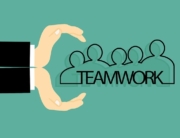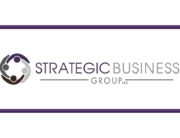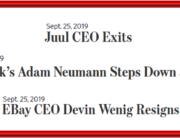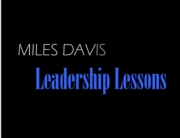Your annual client meetings are preceded by analysis of their financials and ensuring covenants of loan agreements are still within bounds. Next you spend time with the clients to ensure their business is on track. But how much time do you put into digging deeper into the long-term general welfare of the client and their business? Is this even your responsibility since the bank’s investment is protected with collateral and insurance policies?
The answer to the question depends on your bank’s marketing strategy. If your marketing is based on the client relationship and trust, then showing your interest in the client’s wellbeing beyond the bank’s collateral reinforces the bank’s branding as a caring, trustworthy institution. However, if the bank competes solely based on low rates, then this may not be critical to attracting new clients. Beyond reinforcing the bank’s brand, it also depends on your individual connection with the client.
Of course, digging deeper requires finesse and asking the right questions which avoid making your feel defensive. Below is a sampling of questions you can ask which I have found are non-threatening and get to some key areas of concern for business owners.
For Family Businesses
- Has the family discussed their long-term plans for the business?
- Is there a succession plan and is the designated successor fully prepared to take on the leadership role? If not, have they initiated a plan to prepare the designated successor?
- Are all these plans documented and all key stakeholders understand their role in these plans?
The most difficult hurdle often is persuading clients to have the frank and reasonable conversations necessary to ensure the succession plans are relevant and acceptable to all. As I’ve noted previously, I employ time-proven techniques which engender trust and openness for these emotionally laden conversations. In addition, having the shared experience of being part of a family-business expedites establishment of a bond and trust with clients.
For Partnerships
- When was the last time the client looked at their partnership agreements? If longer than 5 years, has the business grown or otherwise changed since then and does the partnership agreement encompass these changes?
- Are there contingency plans should unexpected circumstances cause a partner’s sudden absence? If not, do they want their next partner to be the spouse or child of the client’s current partner if something unexpected does happen?
Since partnerships often share some similar characteristics as family businesses the same care should be taken in having these conversations.
For the Sole Proprietor
- Does the client have a business plan and standard operating procedures (SOPs) focused on maximizing the company’s value with an eye to supporting the client’s retirement?
- Do they have realistic expectations of the company’s value based on a recent business valuation?
- Do they have a marketing plan to maximize their brand which clearly defines goals, strategies and objectives? Does the plan include when to measure key benchmarks to ensure the marketing is on track or, if necessary, refine the marketing to ensure its success?
How we can work together to support your clients
Beyond reinforcing your relationship with clients, asking these questions offers some other practical benefits. For example: The benefits resulting from clients’ formalizing and documenting their business plans. You’ve likely had the experience of a client talking about “eventually” needing additional financing for an expansion but that “eventually” never arrives. An experienced business coach accelerates the business planning process thus transforming “eventuality” needing additional financing into a reality.
Having identified the key areas of concern, how do you then assist the client to maximize the value of their company? I can help you and your clients make that happen. Whether it be executive coaching or assisting with transition in a family business or developing a marketing plan, I work with business owners in identifying critical issues and then collaborate with them to develop plans they embrace as their own and thus implement successfully. And, since I never charge for the initial consultation, you can feel comfortable in suggesting your clients meet with me so they can make the determination if we’re a good fit for their needs.
Call or reply to this email so we can set up a time to learn more about how I can help your clients. Or, feel free to have your clients reach out to me directly so we can set up that initial consultation. I can be reached by phone at 717.439.6254 or email at mark@StrategicBizGroup.com.















































































